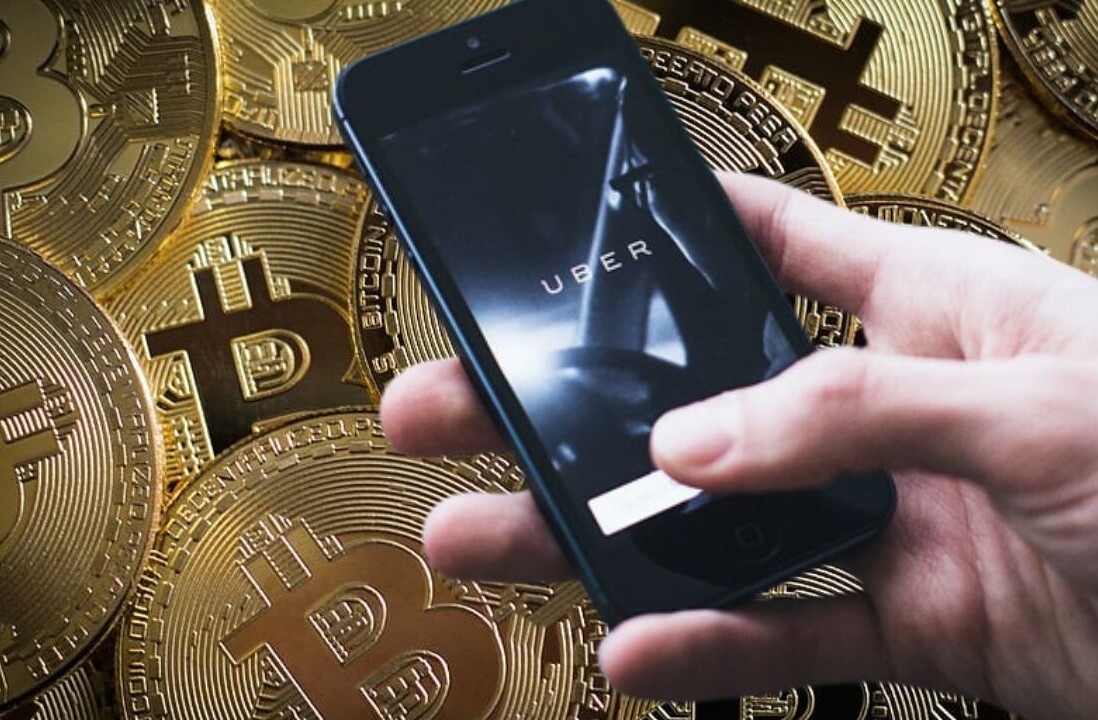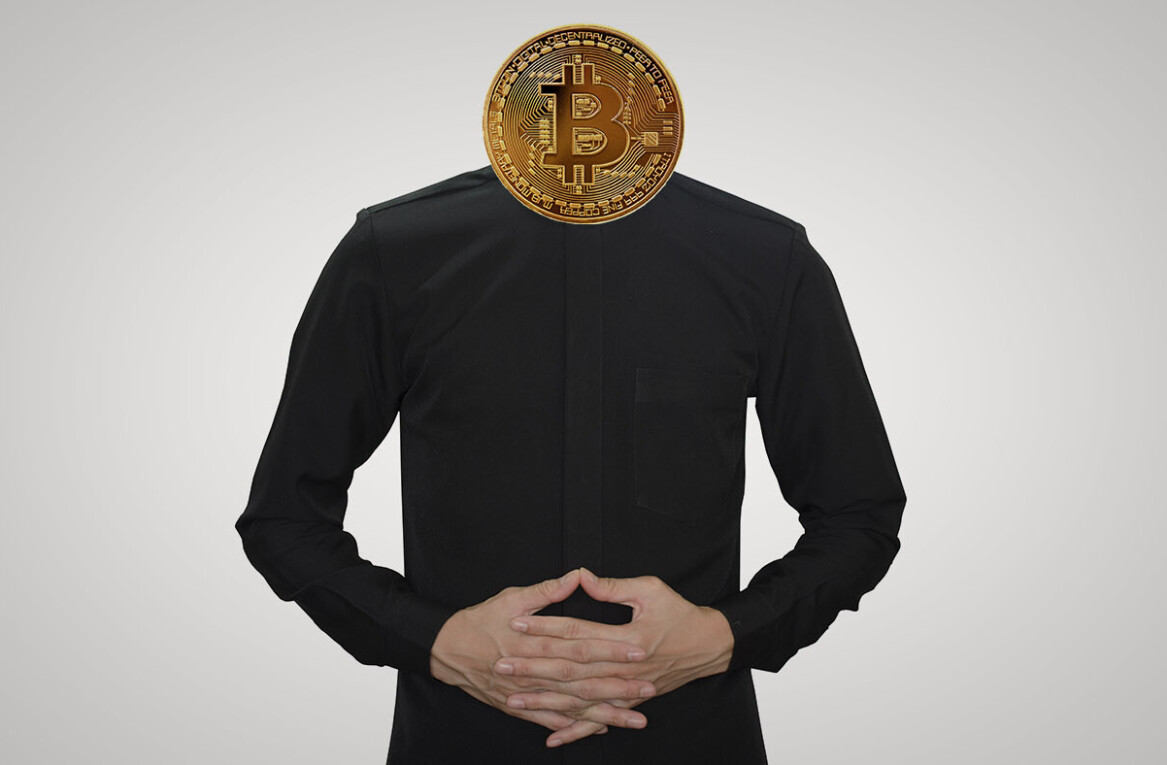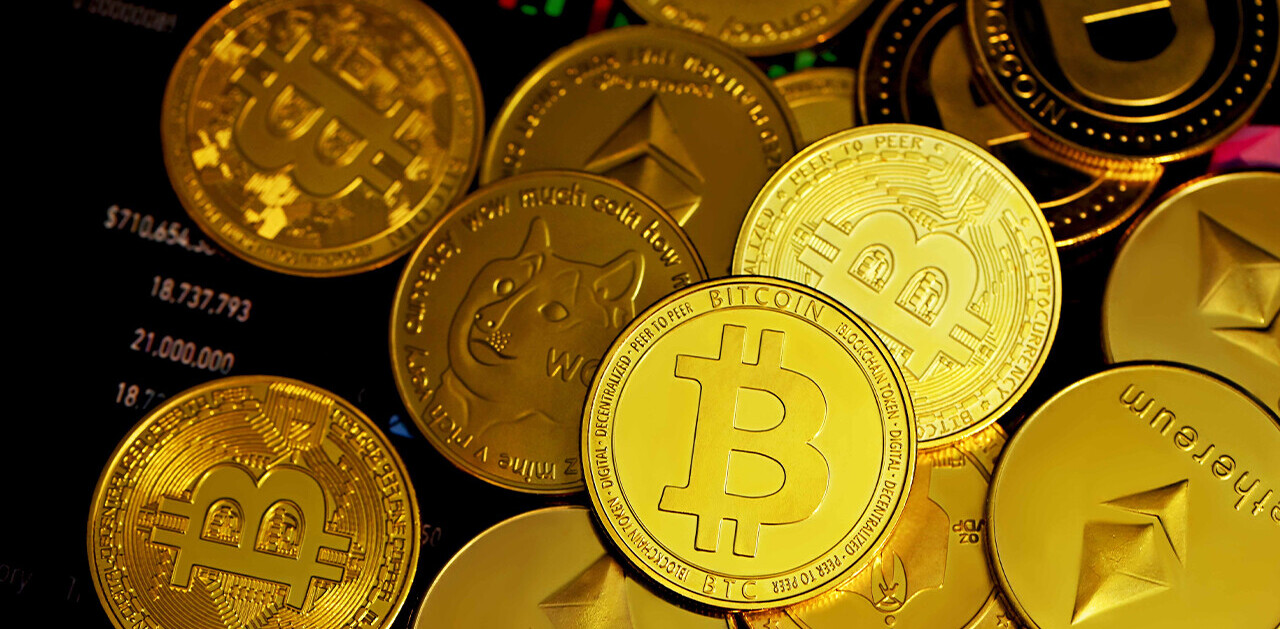
We’ve talked about Dogecoin — a Bitcoin-like virtual currency that started as a bit of fun — having potential as a micro-currency for transactions and ‘tipping’ on the Internet (more on that below), and it seems like it is gaining credibility among investors. Dogecoin founder Jackson Palmer says he has rejected $500,000 investment proposals following early discussions with at least two VC firms.
Speaking to Techly at a meet-up in his native Australia, Palmer said he has no interest in taking on funding, but did have preliminaries talks with a VC firm in the US and another in Australia.
We checked in with Palmer to validate the claim — because you can never be too careful — and he confirmed the funding offers, explaining to us his belief that Dogecoin is best left as a community-driven entity:
I really think Dogecoin’s strength is that it belongs to the community that has brought it this far. It’s the internet’s currency, and doesn’t rest in the hands of any one person or entity.
I guess the argument of VCs is that taking investment could assist in the growth of the currency — but the fact is that the bulk of it’s growth comes from the community and not the small core team we maintain for official projects like charity sponsorship. I’m fairly confident in the moon trajectory the community has set, and I believe in them.
Whether that interest comes in response to Dogecoin’s potential or is a side affect of the ‘Bitcoin boom,’ Palmer is staying focused on making Dogecoin a currency that fosters social good as a “grassroots community” project.
Reflecting on a recent initiative that raised $30,000 to bring service dogs to children in need, and a second project that raised a $30,000 donation to enable the Jamaica bobsled team to compete at the Sochi Winter Olympics, Palmer told Techly:
That’s why I turned those guys down. A lot of investors come to me and they say ‘you know you could get rich off this, you can make millions. What are you going to tell your grandchildren in the future?’
And I reply, ‘you know what I’m going to tell my grandkids? I’m going to tell them that we paired service dogs with children in need, off the back of a f***ing joke.’
The fact is that out of nothing I can contribute $30,000 to a children’s charity that I believe in, that is payment enough. I don’t want anything more. I could leave tomorrow but the fact is I’ll be happy for the rest of my life. It’s all I want.
The Dogecoin founder says people won’t get rich of the currency, as many long-term investors have done with Bitcoin. That was reinforced by a decision earlier this month to allow annual inflation of the currency once the hard cap on coins mined by computers is reached.
So what else is Dogecoin good for?
In addition to enabling social good and charitable causes, Jackson sees Dogecoin’s sweetspot as a way to show appreciation for others on the Internet. Beyond just liking or retweeting content, you could ‘tip’ them 50 Dogecoins, which is around $0.07, for example.
He explains more:
The internet is asking for a currency akin to the US or Australian dollar that you can send to somebody else without having to worry about it and it’s more tangible than clicking a button and that person getting a notification that said I liked it.
When somebody likes something that I post it’s more tangible than a little bit of reputation. It’s not something that can be manufactured. It also costs the end user. That’s how a currency works. Or it should.
Dogecoin was written off by many as a joke — which it no doubt was at first — but it is appears to be settling into a niche. Data from Bitinfocharts.com shows that its market cap is the third largest among virtual currencies, despite having a meager valuation of $0.00138 per coin. (Bitcoin is currently around the $600 mark, but has been as high as $1,000.)
Related: Virtual currency Dogecoin suffers first hack as $13,000 is stolen from an online wallet service
Image via Oleg Znamenskiy / Shutterstock
Get the TNW newsletter
Get the most important tech news in your inbox each week.





